Seminar on Free Association
How are Pacific, Caribbean, and North Atlantic experiences relevant for Greenland

By Helga Gudrún Númadóttir & Rasmus Leander Nielsen, Nasiffik
Wednesday the 24th of May, Nasiffik, in collaboration with the Danish Institute for International Studies (DIIS), invited for a seminar in Pikialaarfik about "Free Association" and how Pacific, Caribbean, and North Atlantic experiences with the model are relevant for Greenland.
In recent decades, discussions in Greenland about how to organize future sovereignty have increasingly returned to the concept of 'Free Association'.
Although not explicitly mentioned in the new draft for a constitution for Greenland which was presented last month, Free Association is discussed in the commentary.
Free Association was originally identified by the UN General Assembly in 1960, as one of three options for a non-self-governing territory to decolonize - along with independence as a sovereign independent state and integration with another independent state.
The option was, however, not presented to Greenlanders when Greenland was integrated as a 'county' of Denmark with a constitutional amendment in 1953, via process which can be described as seriously problematic.
The purpose of the seminar was to bring together and engage Greenlandic diplomats and politicians and local and international academics, as well as the general public, in discussions about the legal, political and economic pros and cons of the model of Free Association in a Greenlandic context.
Keynote speaker was Mininnguaq Kleist, Deputy Minister at the Ministry of Foreign Affairs, Business, Trade and Climate of Greenland (in private capacity).
Rens Van Munster, Senior Researcher at DIIS, Miriam Cullen, Associate Professor at the University of Copenhagen and Rafael Cox-Alomar, Professor at the University of the District of Colombia provided current, comparative international experiences from the Marshall Islands, Cook Islands and Puerto Rico.
Other speakers included Qivioq Løvstrøm, Assistant Professor and Chair of the Human Rights Council of Greenland, Rasmus Leander Nielsen, Head of Nasiffik, Faroese MP Sjúrður Skaale and experts in international law Guðmundur Alfreðsson and Rachael Lorna Johnstone.
Discussants Kaj Kleist, former Permanent Deputy Minister at the Govnerment of Greenland, Kenneth Høegh, Government of Greenland’s representative in Washington DC and Aqqaluk Lynge, former president of ICC provided local perspectives and comments on the presentations, and members of Inatsisartut Pele Broberg and Kuno Fencker offered final reflections.
Brief versions of the academic analyses produced for the seminar are available on Nasiffik‘s website in Greenlandic and English.
Podcasts and videos of the sessions will be available soon.












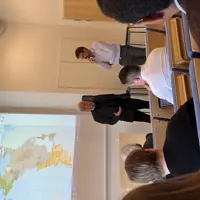
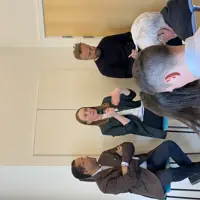
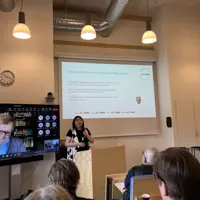
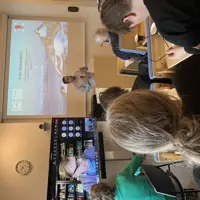
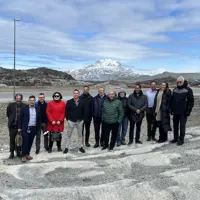
 FACEBOOK
FACEBOOK LINKEDIN
LINKEDIN Kopier link
Kopier link
